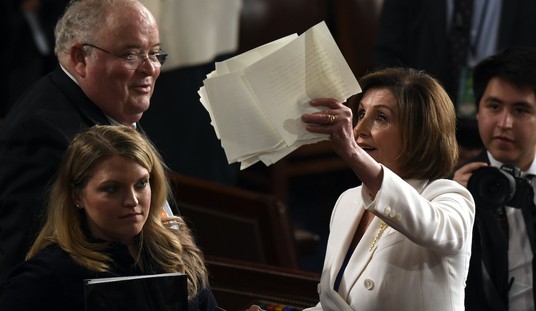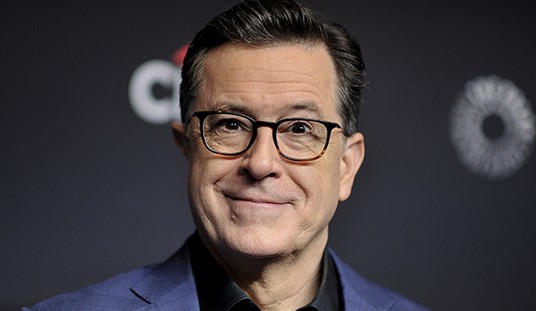We are relying too much on other countries for vital products and commodities, says Treasury Secretary Scott Bessent, and he sees this as a national security issue. He may have a point; there are critical items, like microprocessors and pharmaceuticals, in which we rely heavily on other nations. Some of those nations are not friendly. Some of them are downright hostile.
On Sunday, Bessent appeared on NBC's "Meet the Press" to describe his concerns.
Secretary Bessent said:
This has been years in the building. Years in the making. This unsustainable system, our trading partners have taken advantage of us, we can see that through the large surpluses, we see that through the large budget deficit, and also, this is a national security problem which we saw during COVID. We saw, during COVID, that optimal supply chains are not resilient. And what I could say, is that the only good outcome from COVID is that it was a beta test for what would happen if our supply chains got broken. And President Trump has... decided, that we cannot be at risk like that for our crucial medicines, for semiconductors, for shipping, and we are going to move forward so the American people can know that they are going to have a more secure future.
He makes some fair points concerning supply chains. Take pharmaceuticals; China owns the generic drug market, and the United States gets the vast majority of generics from the Middle Kingdom. In the case of generic antibiotics, the figure is over 90 percent. Pharmaceutical imports have doubled in the past ten years alone. Were China to cut that supply off, we'd be in serious trouble.
When we look at semiconductors, we get much of our imports from Taiwan, a country that is friendly to the United States but who is looking across the strait at Communist China with growing apprehension, and Communist China's semiconductor industry is surging as well.
The answer to the supply-chain concern would be to on-shore more of our manufacturing base for all of these items, which will not be done quickly or easily, and this depends not on international trade deals but on making manufacturing more profitable here in the United States than it is abroad. That's not an easy task. But there are indications that this is happening already.
Meanwhile, National Economic Council Director Kevin Hassett spoke to ABC News' "This Week" about the countries that are already looking to strike new trade deals.
Mr. Hassett says:
I got a report from the USDR last night, that more than 50 countries have reached out to the president to begin a negotiation, but they're doing that because they understand that they bear a lot of the tariffs, and so I don't think you're going to see a big effect on the consumer because I do think the reason why we have a persistent long-run trade deficit is these people have very inelastic supply. They are dumping goods into the country in order to create jobs in China.
If this proves accurate, that 50 nations are already seeking to make deals, then Mr. Hassett - and President Trump - will have been proven correct in the notion that the tariff announcements will bring other nations to the table. China, as of this writing, has made no such overture.
We're still the largest economy on the planet; our GDP is nearly half again that of China, even now. And, yes, the ideal trade situation would be tariff-free across all borders - every nation in the world trading with nothing but supply and demand determining prices - although that's not the world we live in. As far as bringing back manufacturing to the United States, reducing the burden of taxation and regulation, as well as ensuring that our goods get a fair shake in the global marketplace, these would go a long way towards making the American business environment a lot more friendly.
These two interviews reveal two sides of the same coin. Trade has to be fair to both sides, but America must once more become a country that makes things. That's not the easiest needle to thread.
Help RedState continue to tell the truth about the Trump administration's accomplishments as we continue to usher in the Golden Era of America. Join RedState’s VIP and use promo code FIGHT to get 60% off your membership today.














Join the conversation as a VIP Member